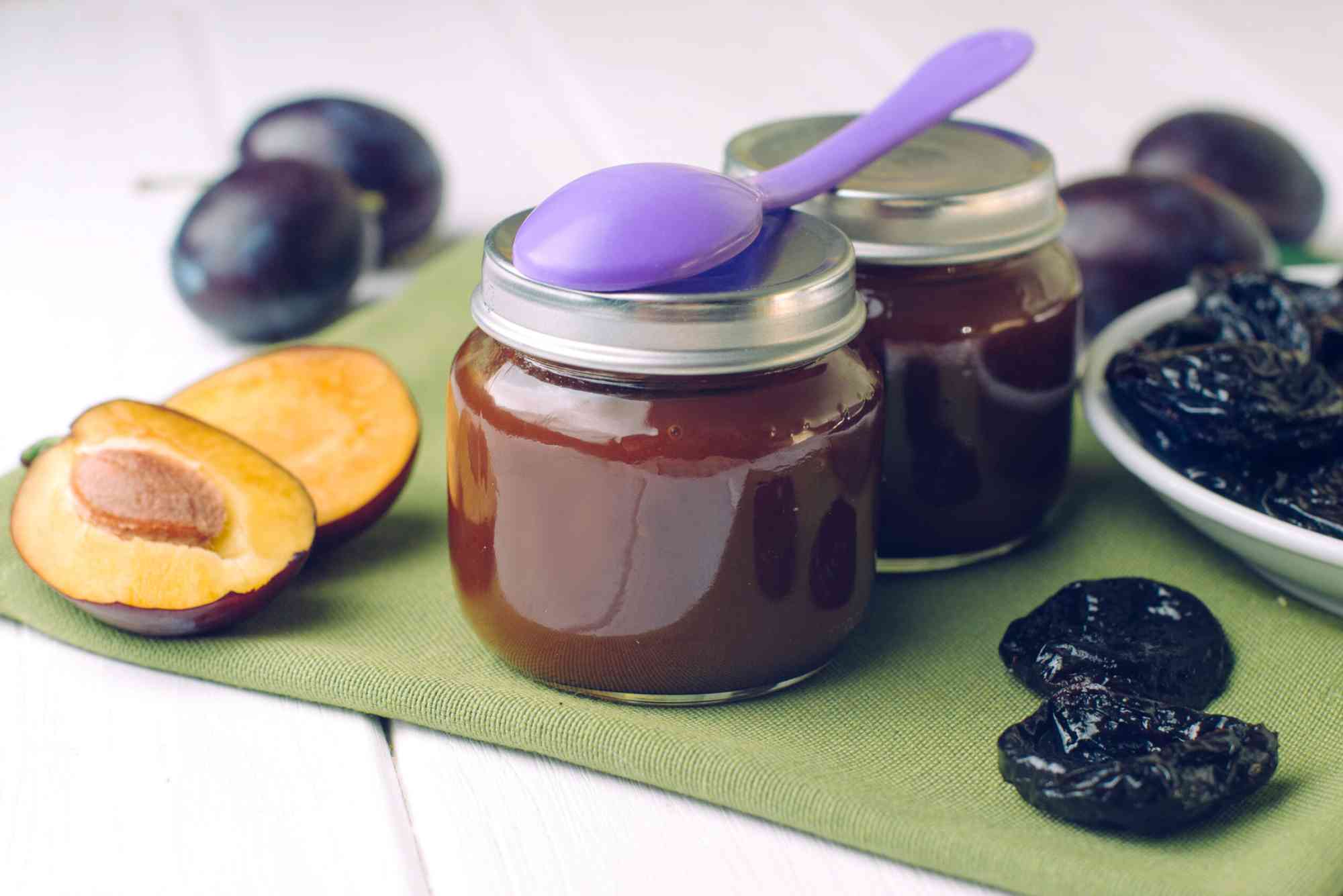Constipation is common in toddlers. Whether due to diet changes, potty training, or just growing up, it can cause discomfort and worry for parents. Thankfully, natural dietary choices can make a big difference. This article explores the best foods for toddler constipation, offering gentle relief through nutrition and helping you support your little one’s digestive health naturally.
Understanding Toddler Constipation
Before diving into foods, it’s essential to understand what constipation looks like in toddlers. It’s more than just infrequent stools. Signs may include:
- Hard, dry, or pellet-like stools
- Difficulty passing stools
- Abdominal discomfort or bloating
- Fussiness or refusing to eat
Constipation often results from low fiber intake, inadequate hydration, or transitioning from breast milk to solid foods.
Why Natural Foods Matter
Toddlers have sensitive digestive systems. Harsh medications or over-the-counter laxatives are not usually recommended unless prescribed. Natural, fiber-rich foods for toddler constipation are safer and support overall gut health.
Let’s explore the best food choices that work with your child’s body, not against it.
High-Fiber Fruits That Help
Apples (with the skin on)
Apples are rich in both soluble and insoluble fiber. Pectin, a soluble fiber, softens stools while the skin provides bulk. Make sure to wash thoroughly and leave the peel on if your toddler can chew well.
Pears
Pears are gentle on the stomach and contain sorbitol, a natural sugar alcohol with mild laxative properties. They’re also high in water and fiber, making them ideal for toddler constipation.
Prunes
Often considered a natural laxative, prunes are loaded with fiber and sorbitol. You can mash them or mix prune puree into yogurt or oatmeal for a tasty remedy.
Whole Grains That Support Digestion
Oatmeal
Oats contain soluble fiber that helps soften stools. They are also easy to digest and can be a great breakfast option. Add fruits like banana or pear for extra fiber.
Whole Grain Bread
Switching to whole grain bread instead of white can significantly improve your toddler’s fiber intake. Look for breads with at least 2-3 grams of fiber per slice.
Brown Rice
Brown rice is a toddler-friendly grain that adds bulk to the stool. It’s mild in flavor and can be combined with vegetables or legumes for a constipation-fighting meal.
Vegetables That Encourage Bowel Movement
Sweet Potatoes
Sweet potatoes are rich in both fiber and moisture, making them ideal for relieving constipation. They’re naturally sweet, so toddlers often enjoy them mashed or baked.
Broccoli
This vegetable is a fiber powerhouse and contains sulforaphane, which supports gut health. Steam or roast it until soft enough for small hands and teeth.
Peas
Green peas are tiny but mighty. They’re rich in fiber and also contain protein. Serve them as a side dish or mix into pasta for a toddler-friendly option.
Hydration: The Missing Link
Water is critical when increasing fiber. Without enough fluids, fiber can backfire, making constipation worse. Toddlers often forget to drink enough water, especially when active.
Offer water regularly throughout the day. If they resist, serve it in fun cups or add a splash of fruit juice for flavor.
Fermented Foods for Gut Health
Yogurt with Probiotics
Not all yogurts are equal. Choose plain yogurt with live active cultures. These probiotics help balance gut bacteria, improving digestion and stool regularity.
Kefir
This fermented dairy drink is high in probiotics and often tolerated by toddlers who enjoy smoothies. Blend it with fruit for a gut-friendly snack.
Healthy Fats to Lubricate the Digestive Tract
Avocados
Avocados provide healthy monounsaturated fats and fiber. They’re creamy, easy to mash, and make a great spread or meal addition.
Olive Oil
Drizzle a little olive oil over cooked veggies or mix into mashed potatoes. Fats help move stool through the intestines by softening it naturally.
What to Avoid When Managing Constipation
Even with the right foods for toddler constipation, some choices can undo your progress. Try to limit:
- Processed foods like cookies or white bread
- Excess dairy, especially cheese
- Bananas when underripe (they can be binding)
Balancing the diet with plenty of fiber, fluid, and variety will reduce these risks.
Encouraging Toddlers to Eat Fiber-Rich Foods
Toddlers can be picky. Introduce new foods gradually and pair them with familiar favorites. Fun presentation—like smiley faces or colorful bowls—can make a big difference.
Involve your toddler in grocery shopping or food prep to boost interest and willingness to try new items.
FAQ: Common Questions About Toddler Constipation
What are the best foods to relieve constipation in toddlers?
Fruits like prunes, pears, and apples; vegetables like broccoli and sweet potatoes; and whole grains like oats help relieve toddler constipation naturally.
How often should toddlers poop?
Most toddlers should have a bowel movement once a day. However, anything from once every two days to three times a day can be normal—if the stool is soft.
Are bananas good or bad for toddler constipation?
Ripe bananas are fine in moderation, but unripe bananas can worsen constipation. If your child is constipated, focus on other fruits instead.
Can milk cause constipation in toddlers?
Too much cow’s milk can lead to constipation. Limit to recommended daily amounts and offer water alongside dairy intake.
How long does it take for dietary changes to work?
You might notice improvements within a few days of adjusting your toddler’s diet. Keep consistent and monitor fluid intake for best results.
Help Your Toddler Feel Better Naturally
Constipation in toddlers is frustrating but manageable. The right foods for toddler constipation can provide gentle, natural relief and improve overall health. Focus on fiber-rich fruits, veggies, whole grains, and hydration. Make food fun and offer variety to support healthy digestion.





